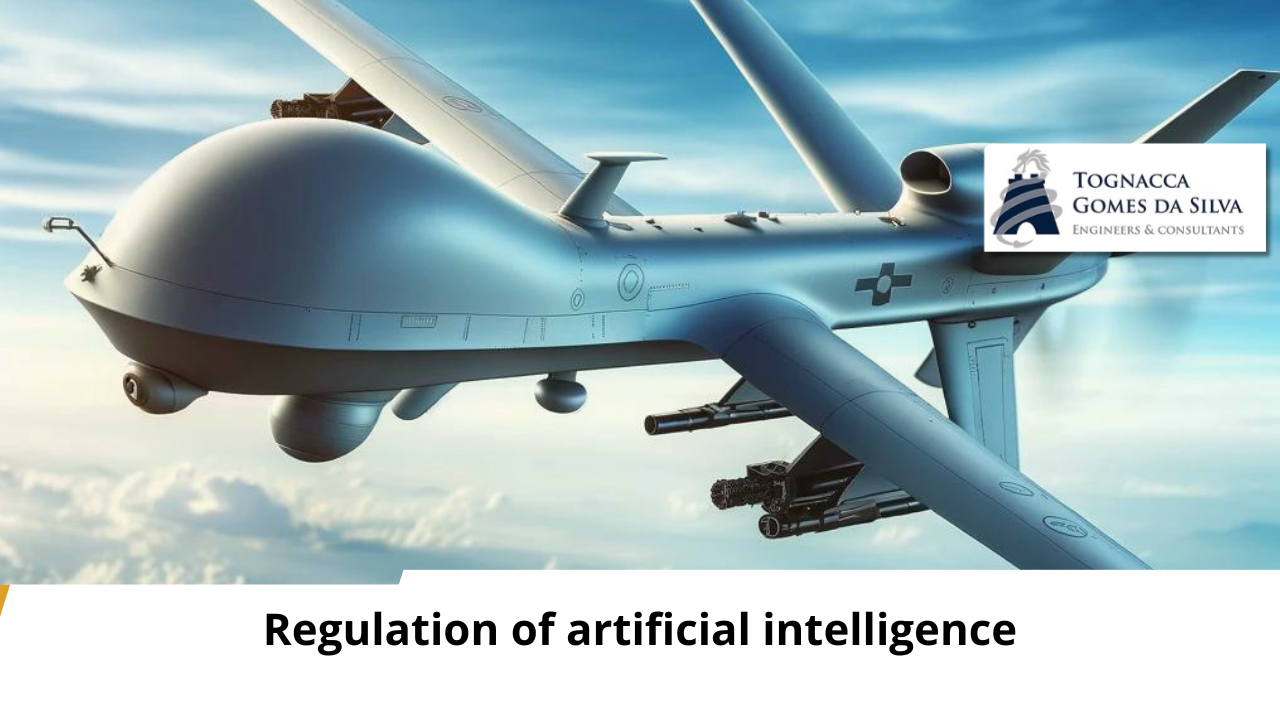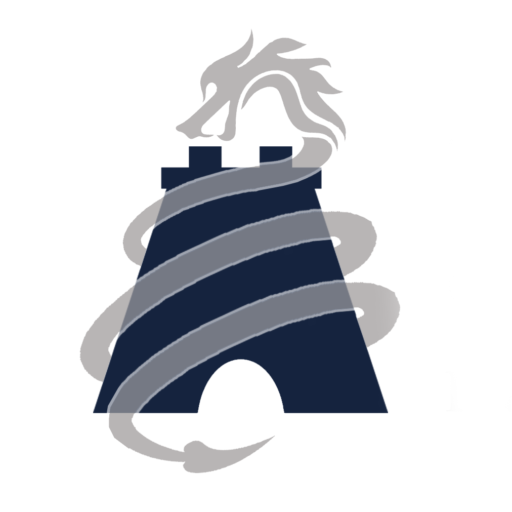Regulating artificial intelligence is becoming a global priority. With Austria calling for control over “killer robots” and the EU laying down groundbreaking laws. Further, understand what these actions mean for the future of technology.
Austria’s initiative against killer robots
Austria has raised an important issue on the international stage by calling for stricter regulations on the use of artificial intelligence (AI) in autonomous weapons systems. In this sense, this call to action highlights the urgency of addressing technological advances that allow machines to make lethal decisions without human supervision. At a recent conference, the country expressed the need for an international consensus to ensure that the decision about life and death remains in human hands, reflecting deep ethical and legal concerns.
European Union legislation on the regulation of artificial intelligence
In parallel, the European Union took concrete steps by introducing the first comprehensive legislation to regulate artificial intelligence. Thus, this legal framework aims to categorize AI systems according to the level of risk they present. Furthermore, they aim to establish a regulatory framework that ensures security, transparency and adequate human oversight.
In doing so, the EU not only seeks to protect its citizens, but also foster an environment of safe and ethical technological innovation.
Both initiatives illustrate a growing trend of concern about the impacts of AI. World leaders’ concerns most immediately focus on banning autonomous weapons systems. In the same vein, they also address the regulation of various aspects of AI technology. Thus, there is a clear need for coordinated global governance that can keep up with the pace of technological innovation and its implications.
What does the regulation of artificial intelligence entail?
These developments put into perspective the ethical and practical challenges that arise with the adoption of AI. So, the need for regulation is clear, but there is a risk that rushed or poorly planned laws could restrict the innovative potential of the technology.
So, the goal of regulating artificial intelligence is to prevent potential risks, such as loss of control over autonomous systems and harmful algorithmic decisions. It is necessary to ensure that technology is used for public benefit without compromising human rights and individual freedoms. This includes, for example, ensuring that AI systems in sensitive areas such as weapons, healthcare and transport are transparent, secure and subject to adequate human oversight.
So the key will be to find a balance between protecting society from the risks of AI and allowing the necessary space for growth and technological innovation.
A collaborative future
As more nations begin to recognize the importance of regulating artificial intelligence, international cooperation becomes vital. So, the example of Austria and the EU can serve as a model for other countries to develop their own policies, considering both the security and innovative potential of AI. This could lead to the creation of global standards that would benefit everyone by establishing ethical and safe practices in implementing AI across the world.
The discussion around AI regulation, driven by the efforts of Austria and the European Union, is a clear sign that global technology governance needs to evolve. As we navigate these uncharted waters, collaboration and ongoing dialogue will be essential to ensure that technology advances in ways that benefit humanity without compromising our safety and ethical values.
( fonte: bruna oliveira/ digital agro)



